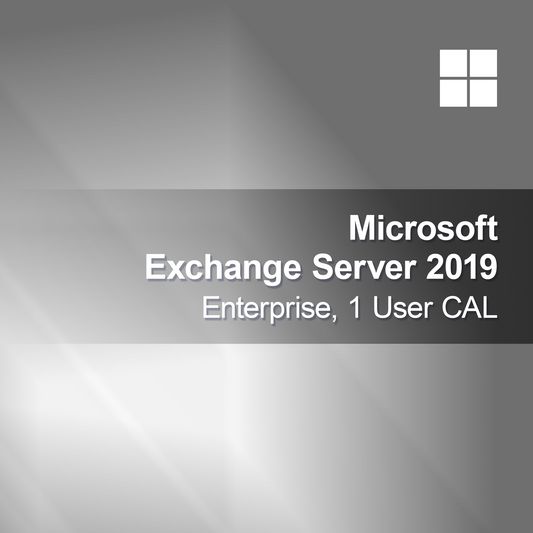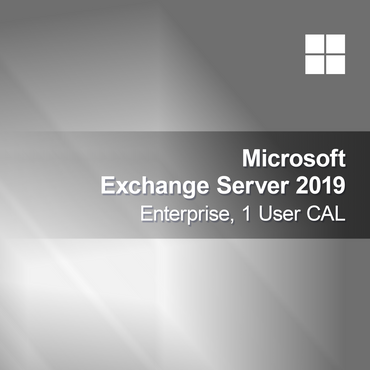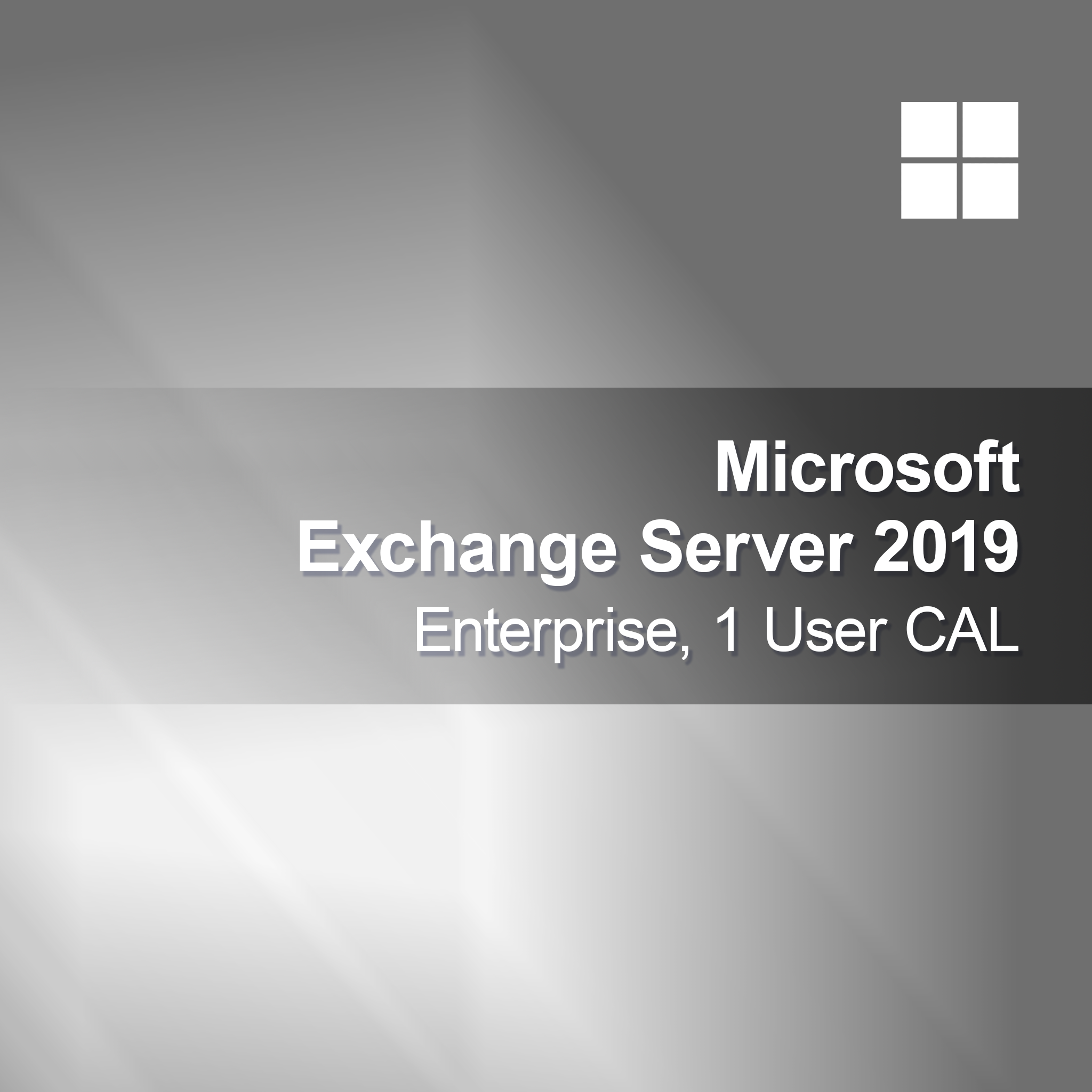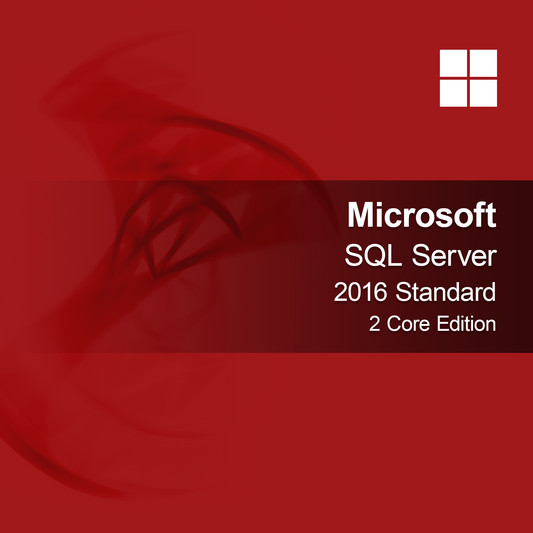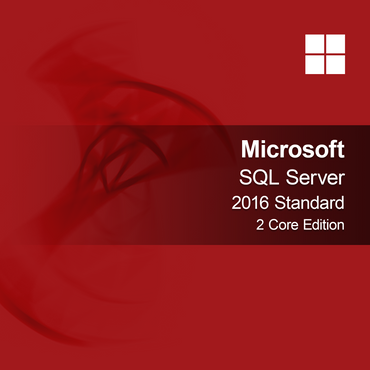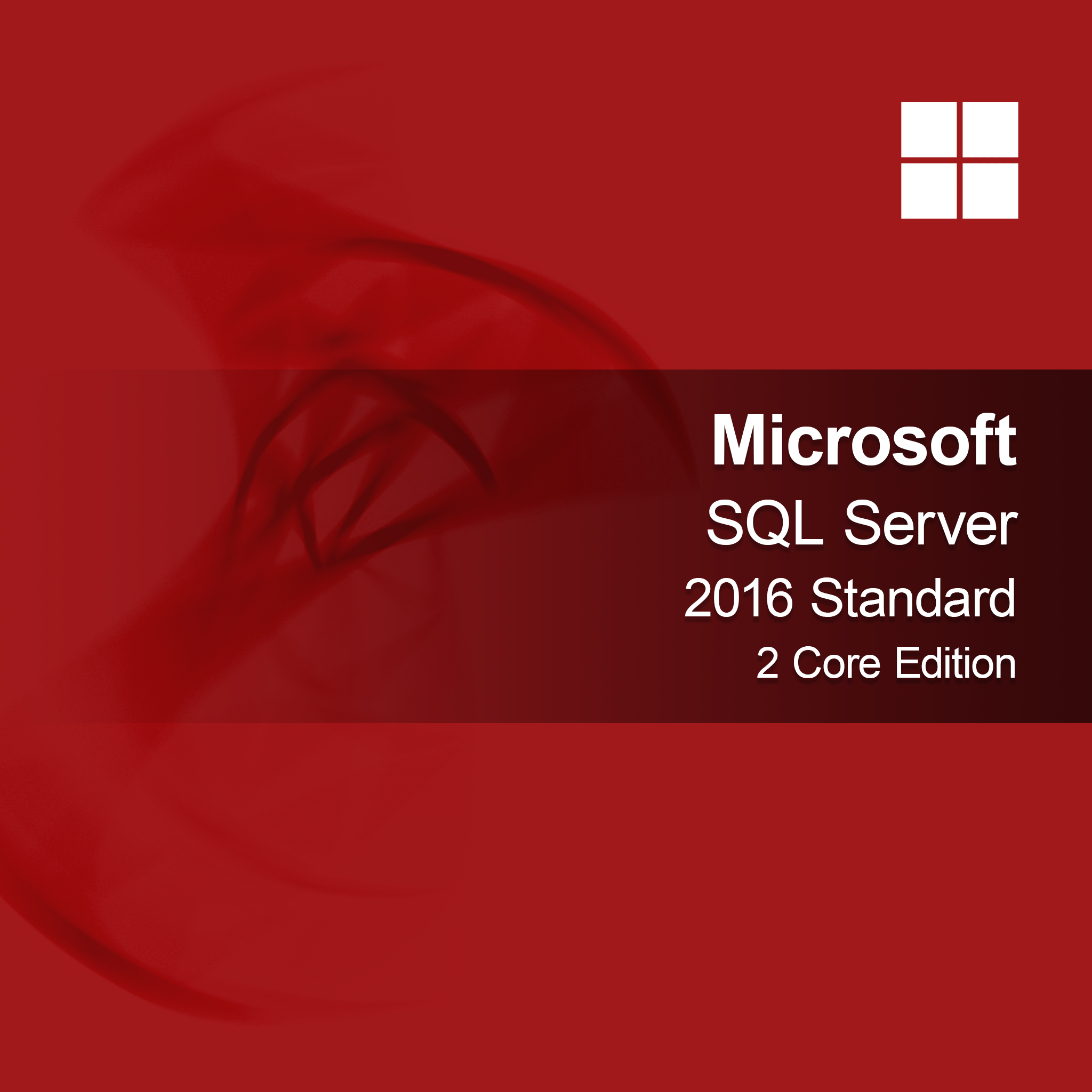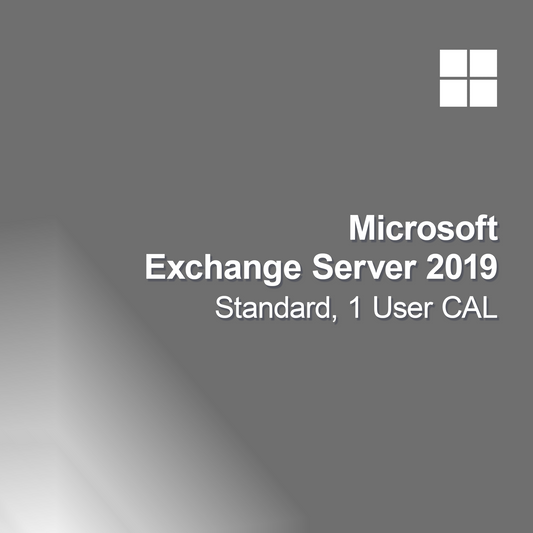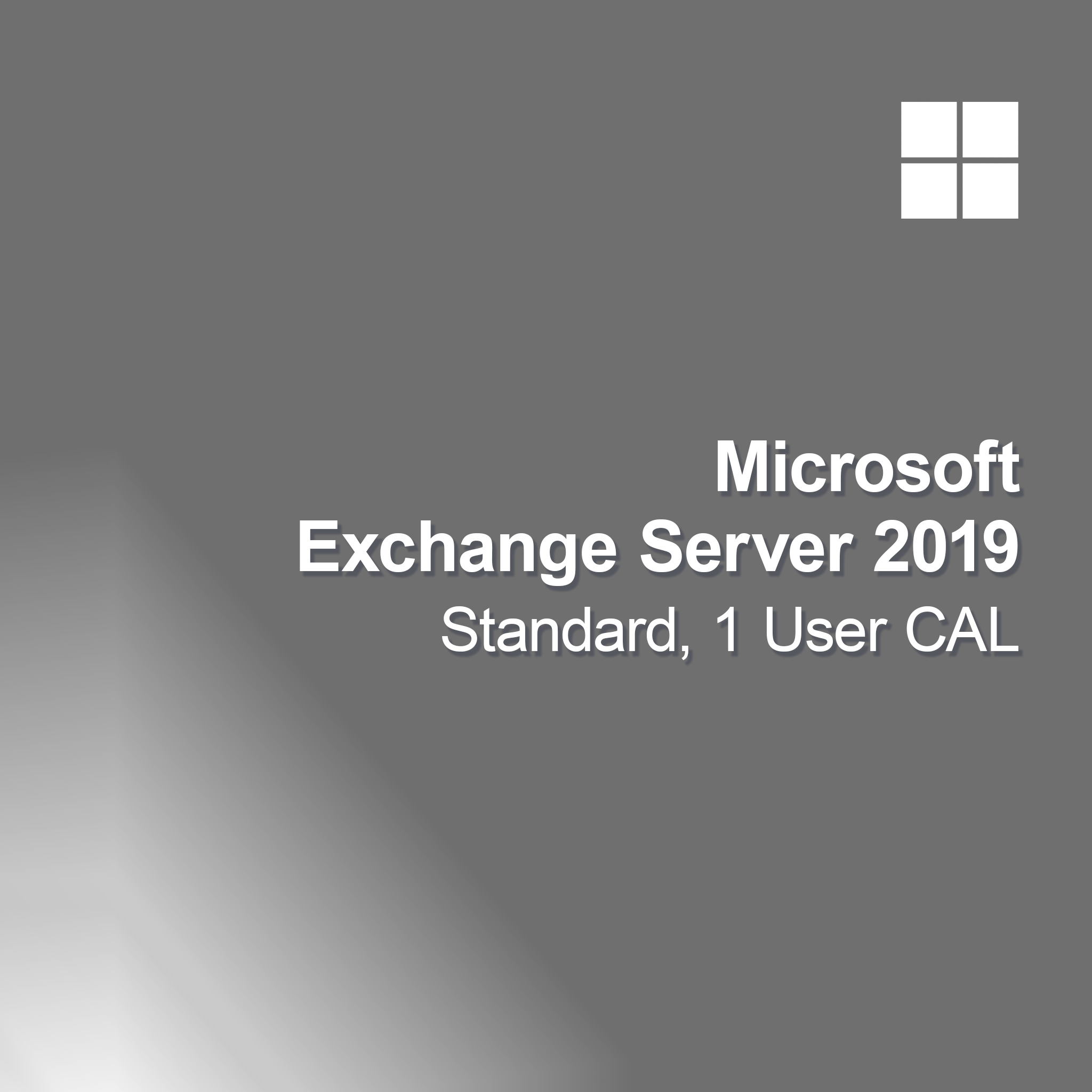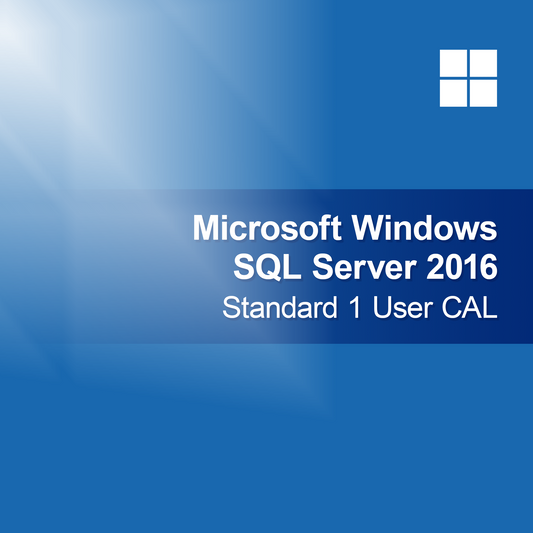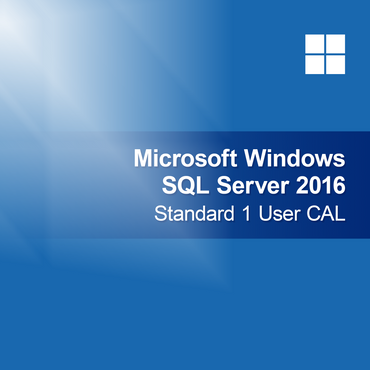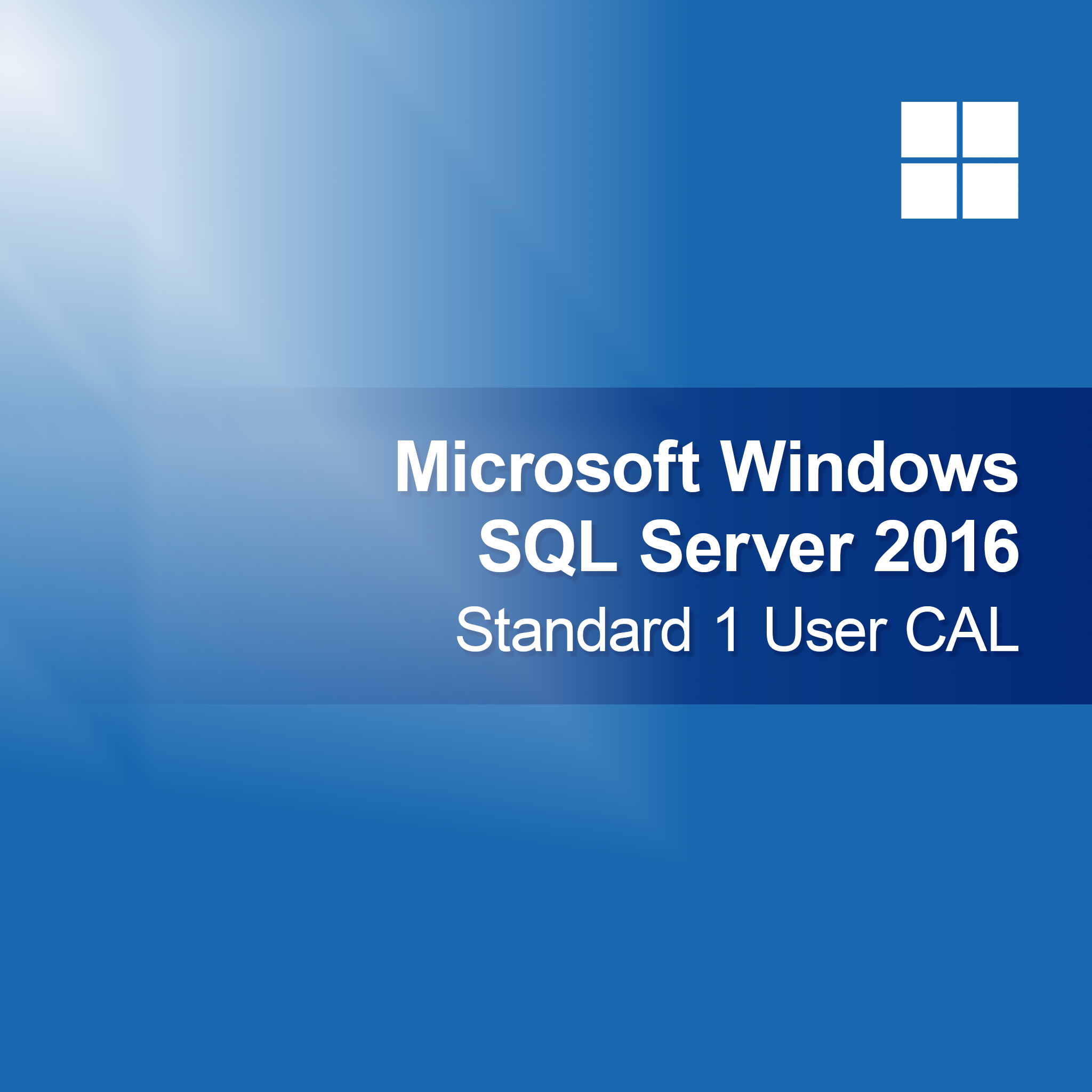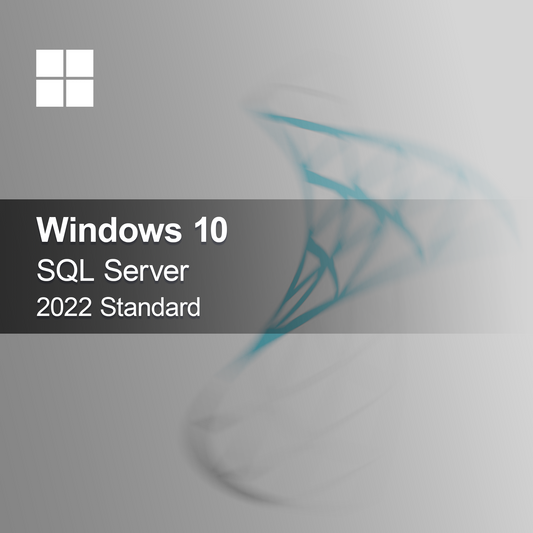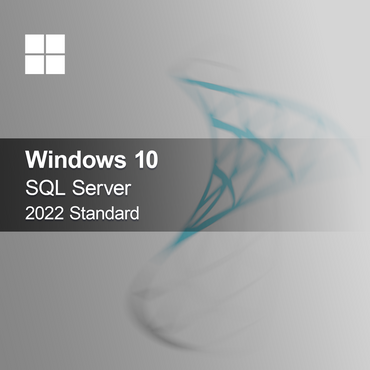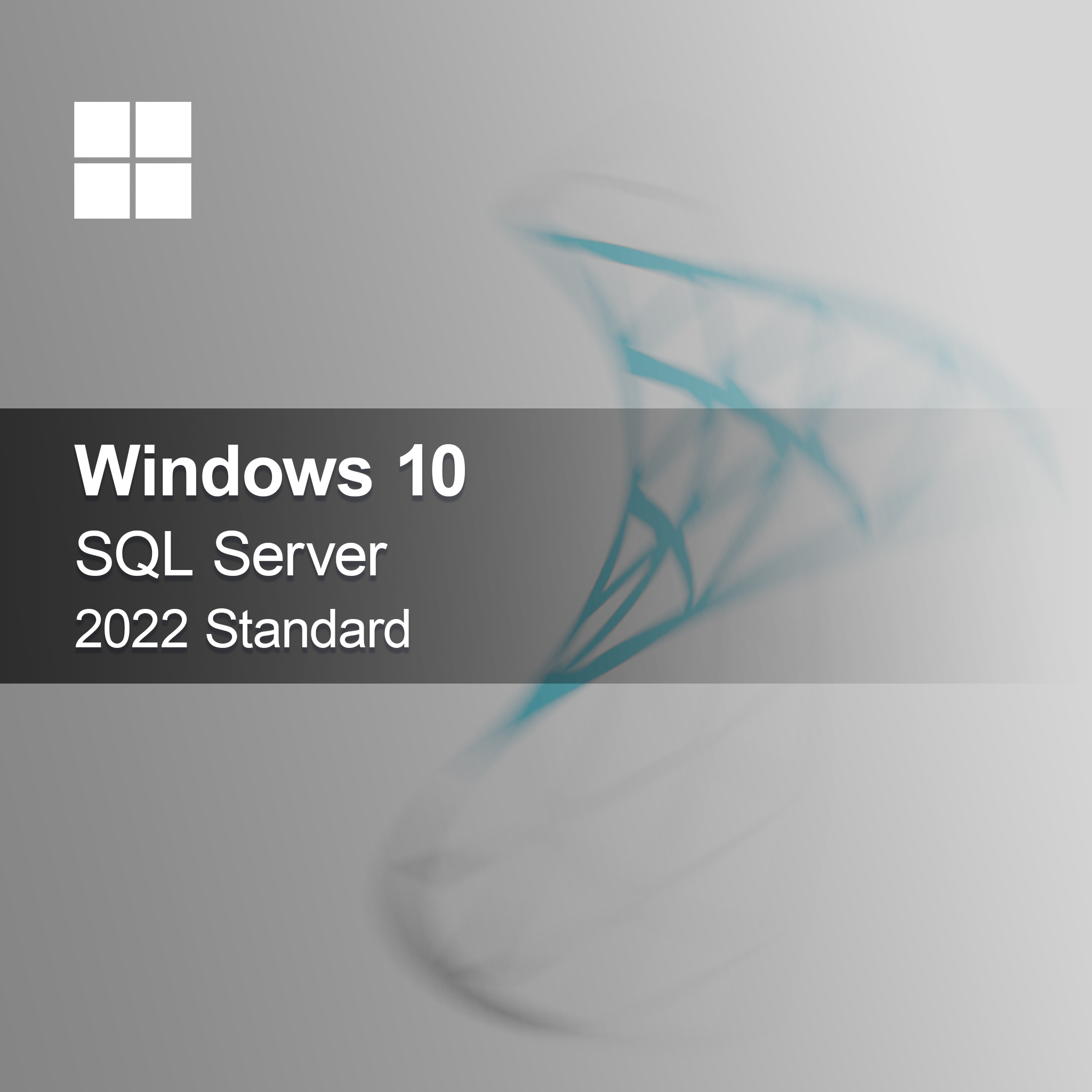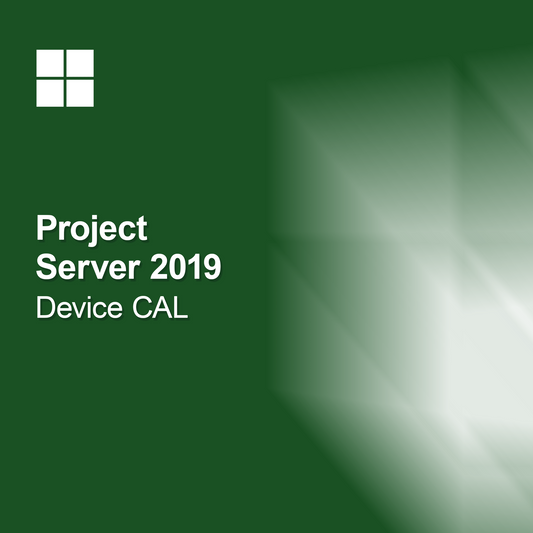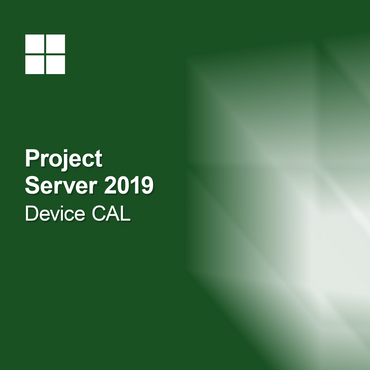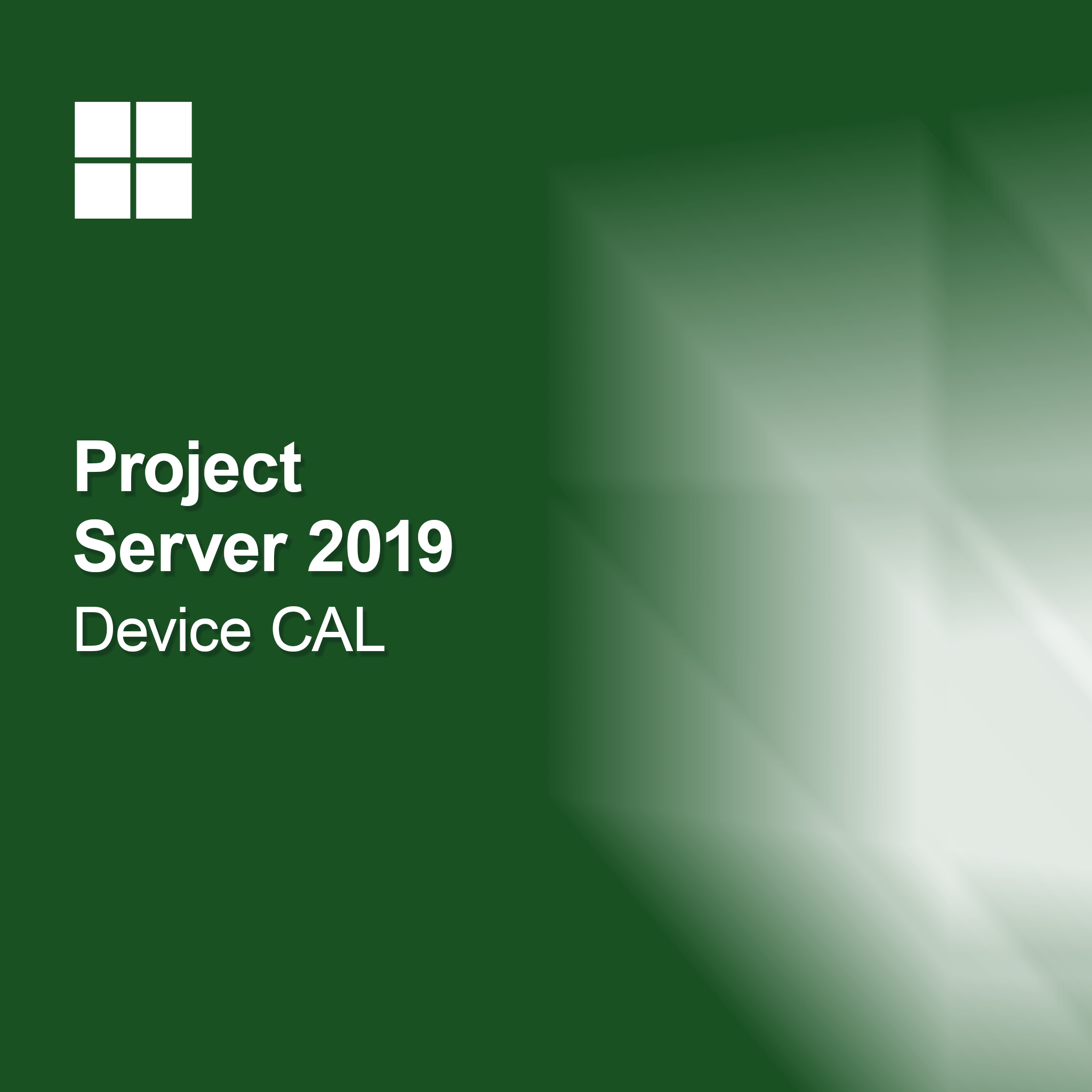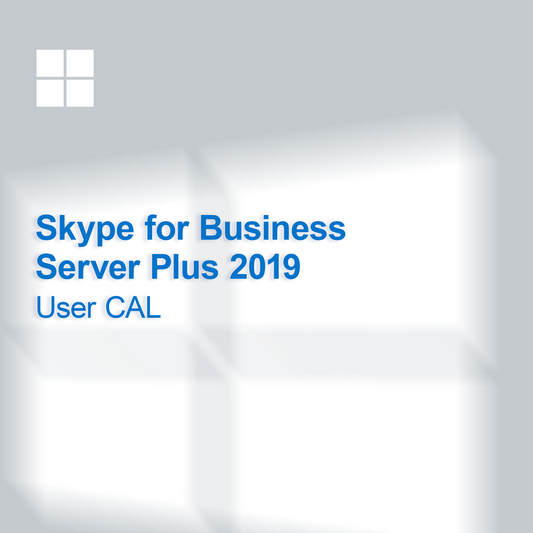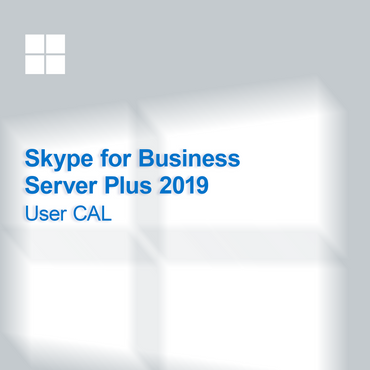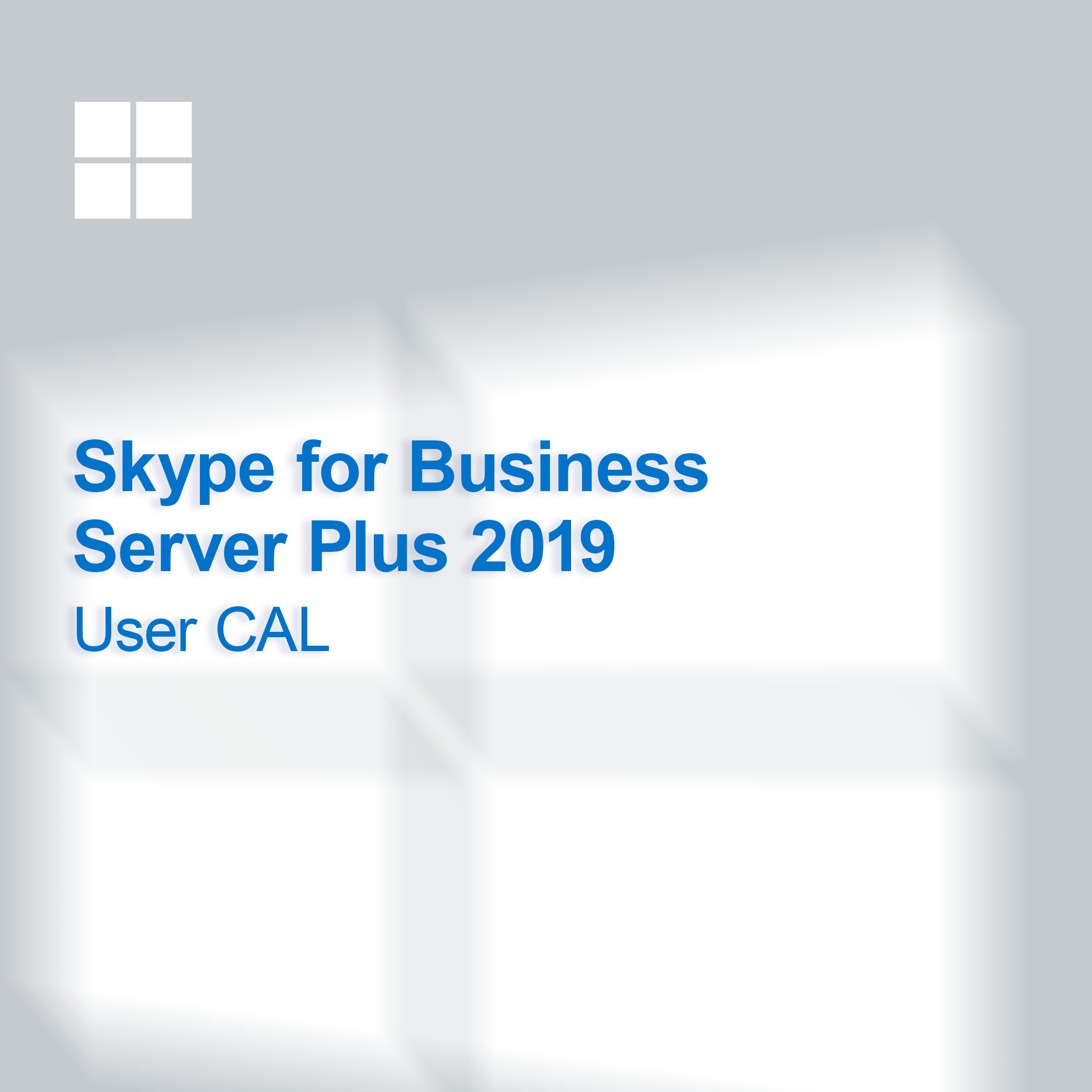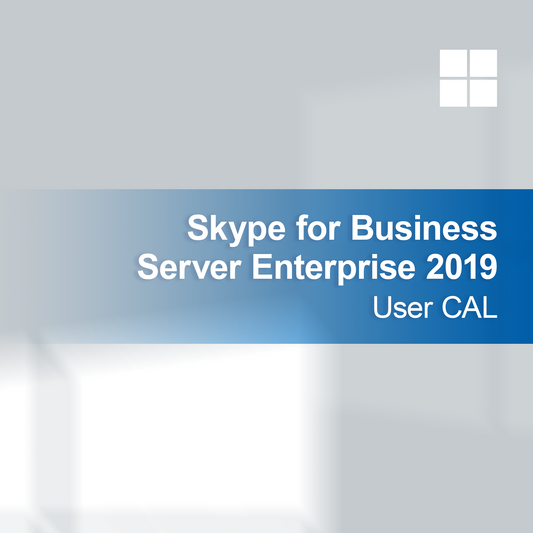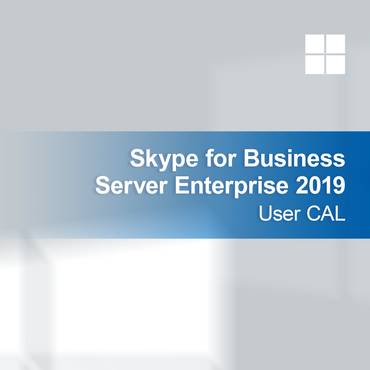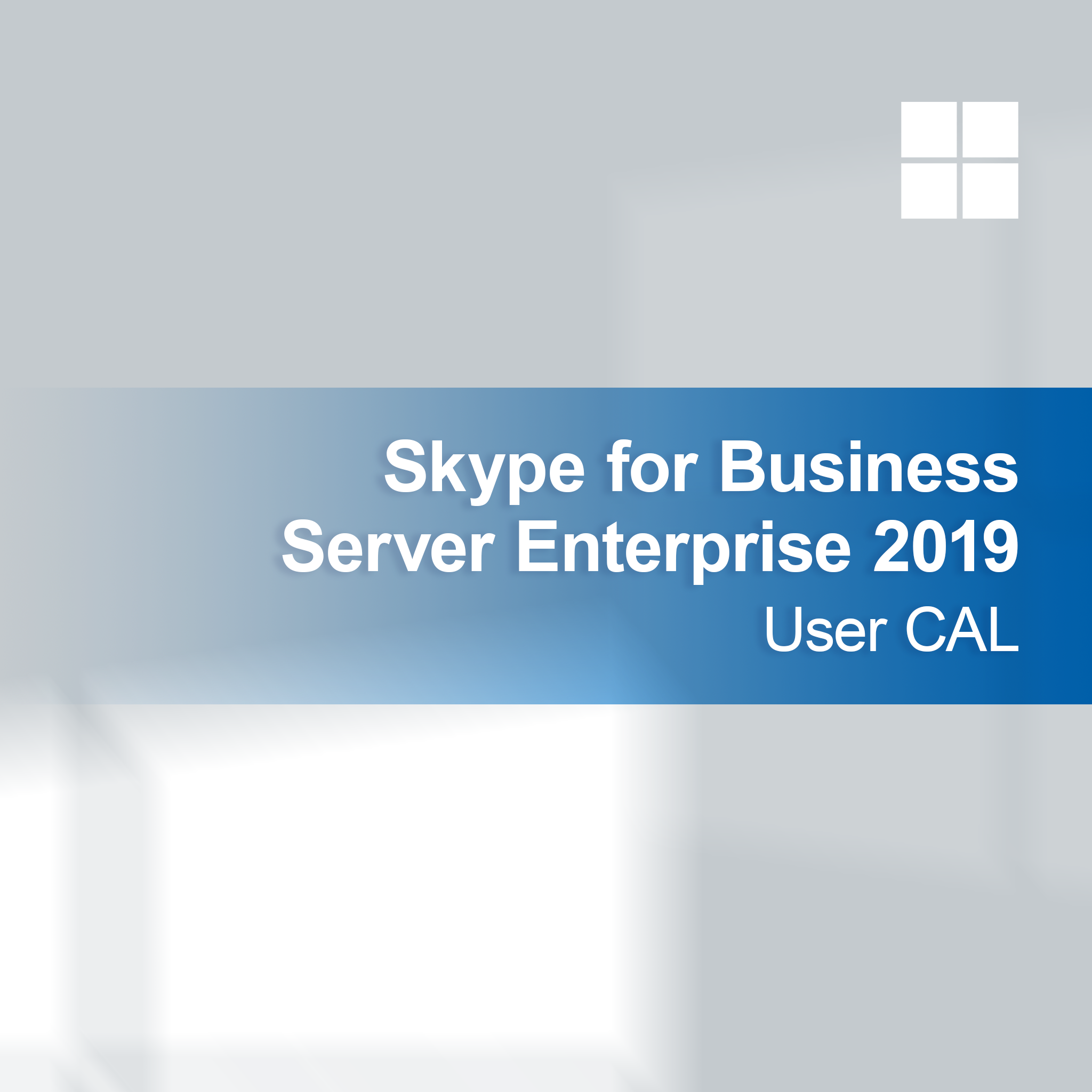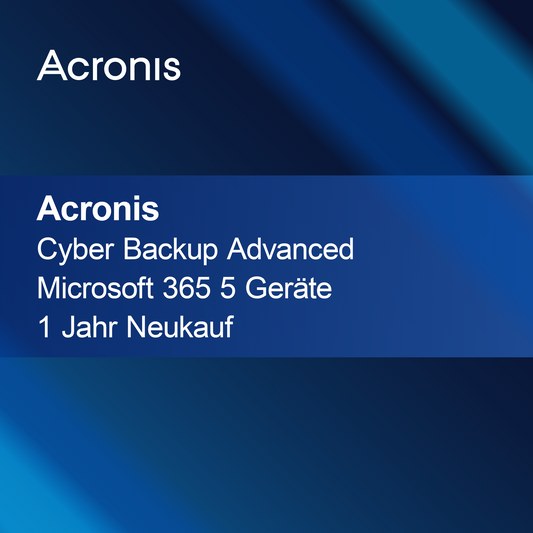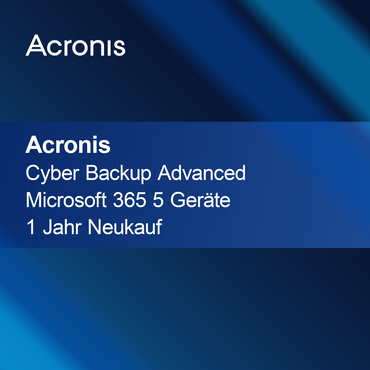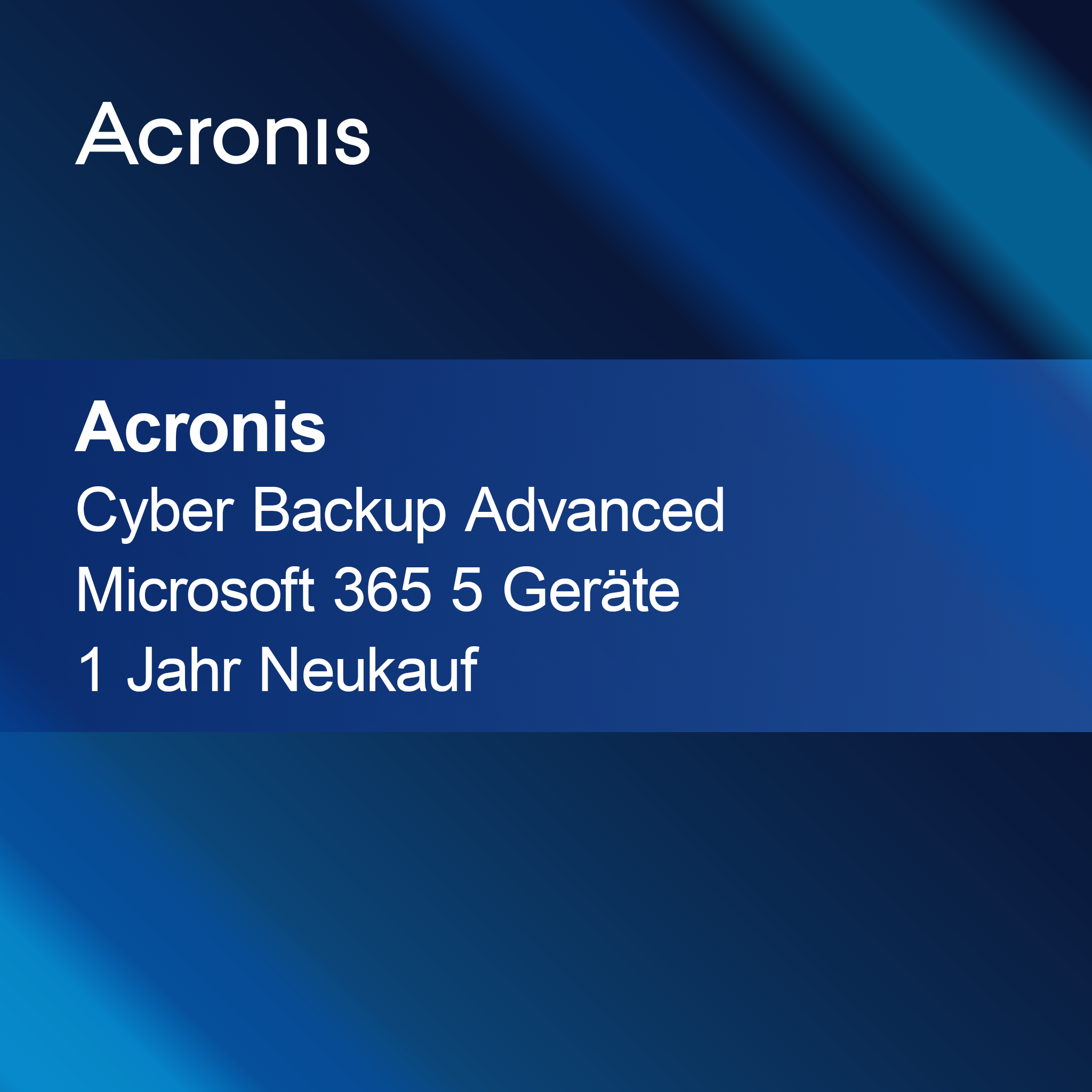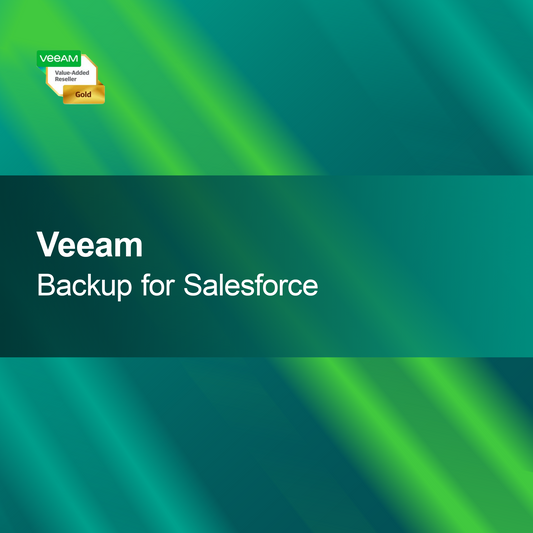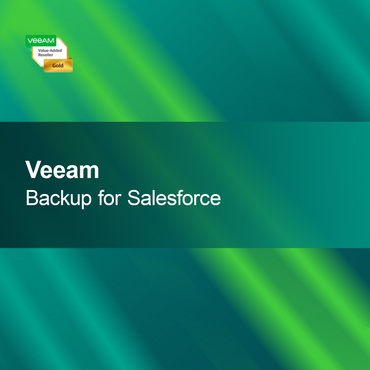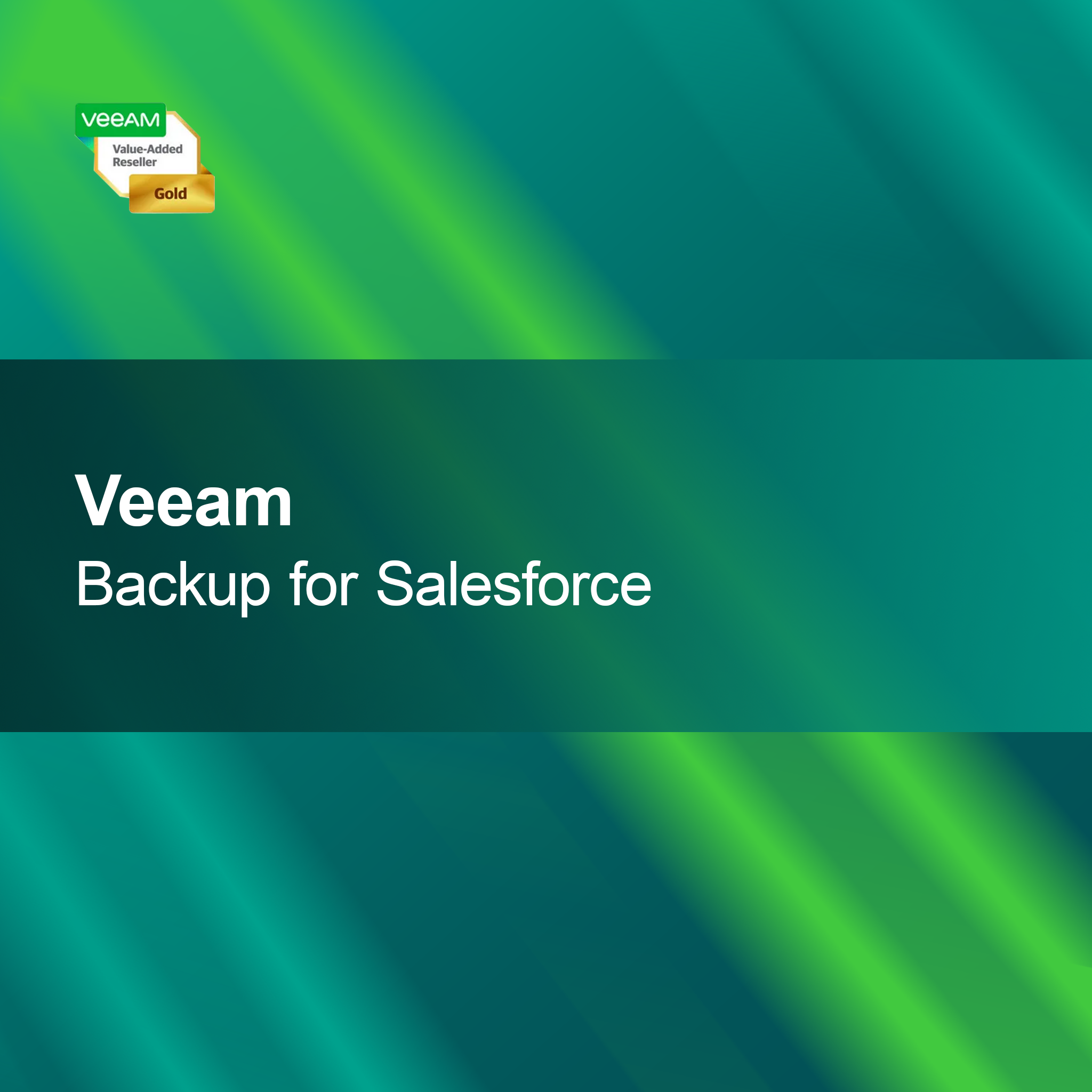-
Microsoft Exchange Server 2019 Enterprise, 1 User CAL
Regular price $73.00Sale price $73.00 Regular priceUnit price perMicrosoft Exchange Server 2019 Enterprise, 1 User CAL With the license key for Microsoft Exchange Server 2019 Enterprise, you get a powerful and reliable solution for...
-
Microsoft Windows 8.1 Home
Regular price $37.00Sale price $37.00 Regular priceUnit price perMicrosoft Windows 8.1 Home With the license key for Microsoft Windows 8.1 Home, you get a user-friendly and powerful operating system solution that significantly improves your...
-
Microsoft SQL Server 2016 Standard - 2 Core Edition
Regular price $2,570.00Sale price $2,570.00 Regular priceUnit price perMicrosoft SQL Server 2016 Standard - 2 Core Edition With the license key for Microsoft SQL Server 2016 Standard - 2 Core Edition, you get a...
-
Microsoft Exchange Server 2019 Standard, 1 User CAL
Regular price $62.00Sale price $62.00 Regular priceUnit price perMicrosoft Exchange Server 2019 Standard, 1 User CAL With the license key for Microsoft Exchange Server 2019 Standard, 1 User CAL, you get a powerful email...
-
Microsoft Windows Remote Desktop Services 2022, Device CAL, RDS CAL, Client Access License
Regular price From $145.00Sale price From $145.00 Regular priceUnit price perMicrosoft Windows Remote Desktop Services 2022, Device CAL With the license key for Microsoft Windows Remote Desktop Services 2022, Device CAL, you get a powerful and...
-
Microsoft Windows 10 Enterprise LTSC 2019
Regular price $380.00Sale price $380.00 Regular priceUnit price perMicrosoft Windows 10 Enterprise LTSC 2019 With the license key for Microsoft Windows 10 Enterprise LTSC 2019, you get a powerful and stable working environment tailored...
-
Microsoft SQL Server 2016 Standard 1 User CAL
Regular price $142.00Sale price $142.00 Regular priceUnit price perMicrosoft SQL Server 2016 Standard 1 User CAL With the license key for Microsoft SQL Server 2016 Standard 1 User CAL, you get a powerful and...
-
Microsoft SQL Server 2022 Standard
Regular price $1,322.00Sale price $1,322.00 Regular priceUnit price perMicrosoft SQL Server 2022 Standard With the license key for Microsoft SQL Server 2022 Standard, you get a powerful and reliable database solution specifically tailored to...
-
Project Server 2019 Device CAL
Regular price $290.00Sale price $290.00 Regular priceUnit price perProject Server 2019 Device CAL With the license key for Project Server 2019 Device CAL, you get a powerful solution for efficient project management, specifically tailored...
-
Skype for Business Server Plus 2019 User CAL
Regular price $259.00Sale price $259.00 Regular priceUnit price perSkype for Business Server Plus 2019 User CAL With the license key for Skype for Business Server Plus 2019 User CAL, you get a powerful and...
-
Skype for Business Server Enterprise 2019 User CAL
Regular price $259.00Sale price $259.00 Regular priceUnit price perSkype for Business Server Enterprise 2019 User CAL With the license key for Skype for Business Server Enterprise 2019 User CAL, you get a powerful and...
-
Microsoft Windows 10 Pro Open-NL (Open License)
Regular price $109.00Sale price $109.00 Regular priceUnit price perMicrosoft Windows 10 Pro Open-NL (Open License) With the license key for Microsoft Windows 10 Pro Open-NL (Open License), you get a powerful and reliable operating...
Server & Client
What are servers and clients?
Servers and clients are fundamental components in network architecture. A server is a powerful computer that provides resources, data, or services, while clients are the devices that access these resources. This relationship allows information to be shared and processed efficiently. In many networks, multiple clients work simultaneously with one or more servers, which increases the flexibility and scalability of the systems.
What types of servers are there?
There are different types of servers, each fulfilling specific functions. Web servers host websites and deliver content to clients over the internet. Database servers store and manage data, while application servers provide software applications. Additionally, there are mail servers that manage emails and file servers that enable access to files. The choice of the right server type depends on the requirements of your network.
How do servers and clients communicate with each other?
Communication between servers and clients usually takes place over a network protocol, such as HTTP for web applications or FTP for file transfers. Clients send requests to the server, which processes these requests and sends back the corresponding responses. This interaction can occur in real time, enabling dynamic resource usage. A stable network connection is crucial for smooth communication.
What are the advantages of server-client architectures?
Server-client architectures offer numerous advantages, including centralized data management, improved security, and easier maintenance. By separating server and client, updates and changes can be made on the server without affecting the clients. Additionally, this architecture allows better resource utilization, as servers can use more powerful hardware to serve multiple clients simultaneously.
- Centralized management of data and applications
- Increased security through controlled access
- Scalability to support growing demands
How do I choose the right server for my needs?
Choosing the right server depends on various factors, such as the type of applications you want to run, the number of clients, and the required resources. Also consider scalability to meet future demands. It can be helpful to learn about different server options and, if necessary, consult a professional to find the best solution for your specific needs.
What security aspects are important in server-client systems?
Security is a crucial aspect in server-client systems. It is important to take appropriate measures to protect data from unauthorized access. These include firewalls, encryption technologies, and regular security updates. Implementing user access rights can also help secure sensitive information. A comprehensive security strategy is essential to ensure the integrity and confidentiality of data.
How can I optimize the performance of my server-client system?
To optimize the performance of your server-client system, you should regularly update the hardware and software. Monitor network performance and identify bottlenecks to make targeted improvements. Implementing load balancing can also help distribute the workload evenly across multiple servers. A well-planned infrastructure contributes to increasing the efficiency and responsiveness of your system.

